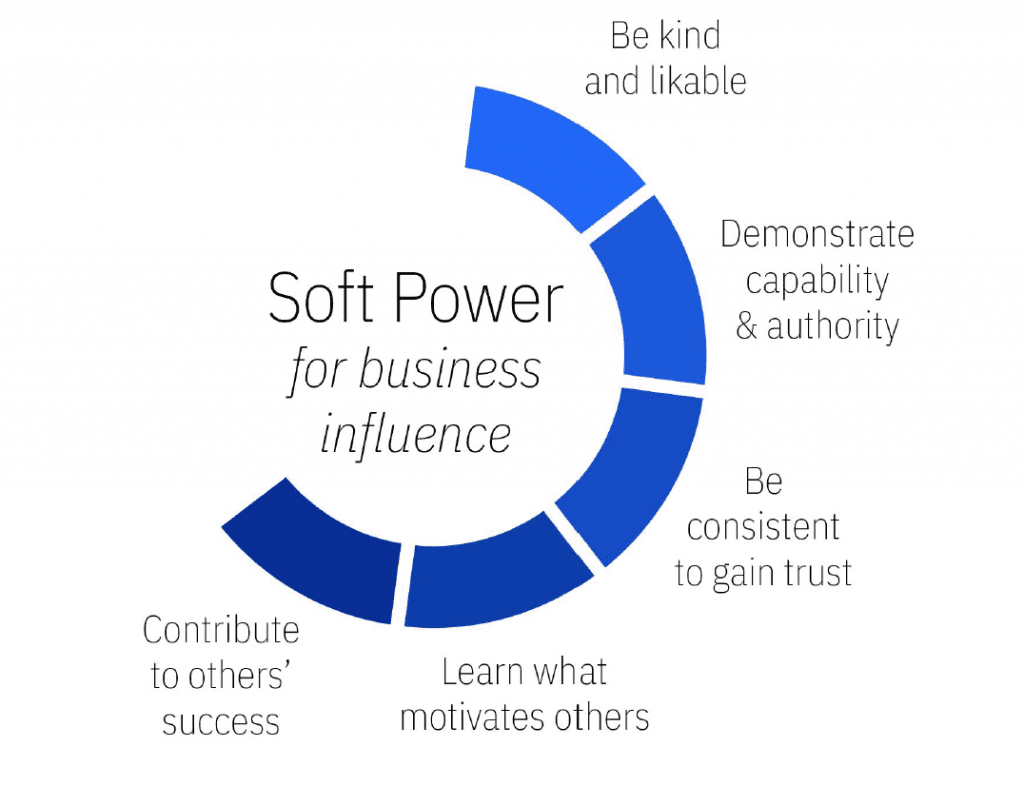By Brad Addison - CoFactor Managing Partner; and communication, engagement and reputation management specialist
--
What if merely being likeable and building strong relationships could influence or persuade others in support of your business objectives? Effective influence involves building trusted relationships and leveraging that trust and strength of connection to align people’s views or values with yours.
Soft power, a concept coined by American academic Joseph Nye has its origins in foreign policy and diplomacy. At the heart of soft power is influence through attraction, cooperation and connection. It’s creating a web of constructive relationships that you are able to build, maintain and grow.
Taking into account established social psychology influence principles such as ‘liking’ and reciprocity, what follows are key soft power insights to help you persuade others. You’ll notice that these insights are fundamentally people-oriented. After all, businesses are made up of people and it's these people individually or collectively that can help us drive our business objectives.

How to influence others using soft power
Build your appeal and attraction
- Be kind and likeable - People are more easily influenced by people they like
- Make them feel heard - Demonstrating genuine interest and understanding builds strong bonds and increases your persuasive power
- Connect regularly and find similarities - Familiarity increases trust and people are drawn to like-minded others
Demonstrate capability and build trust
- Demonstrate capability and authority - We admire and feel a sense of duty to people with authority and those who are capable and successful
- Be consistent and gain commitment - People have a deep desire to be consistent in thought and action and once committed, are more inclined to go through with it
- Develop trusted relationships - Be honest and keep to your word. Trust is fundamental to enduring relationships and getting what you want
Understand them and share ideas
- Learn what motivates them - Listen carefully. Your ability to influence is greater if you know what they want and need
- Champion a cause - Sharing your values, ideas and vision demonstrates reliability, legitimacy and, sometimes, moral authority.
- Contribute to the success of others - By supporting and doing things for them, people will be more inclined to help you - increasing your influence.
Many of these soft power elements might seem obvious. Of course being likeable and consistent in your actions is worthwhile. It’s also a fair bet that there is opportunity to leverage these elements of persuasion with your most important stakeholders on your way to creating enduring and valuable relationships.
Interested to learn more?
We specialise in stakeholder engagement and perception change to help you achieve your business objectives - whether that's influencing a key audience, managing difficult stakeholders or shaping regulatory or policy outcomes.